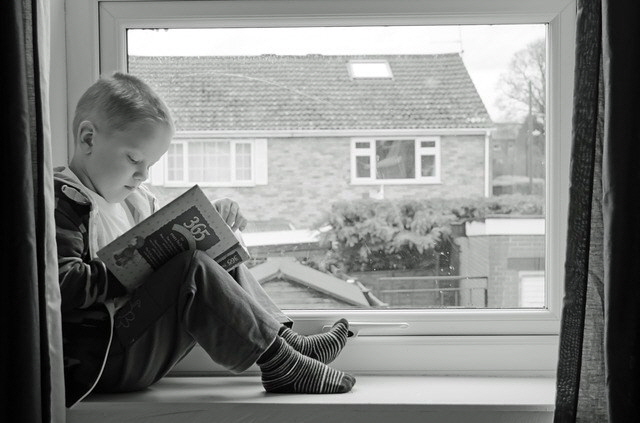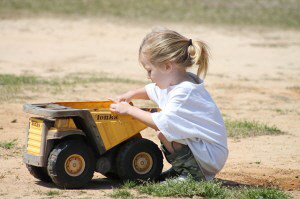
Thoughts out loud
August 26, 2014
Imaginative play is about telling stories.
We all love good stories. Why? Because stories are about us. We can see a piece of ourselves in every story we read or see or hear; it touches a part of who we are. Each and every special one of us has stories. Our lives are stories, the tales of how we live and grow and try things and make mistakes; of how we laugh and love and learn; of our successes and misadventures along the way to becoming who we want to be.
Stories are about who we are, how we got there, how others see and understand us and about how we see ourselves and what we are capable of, how we learn to navigate our world and how we create our own dreams and learn what we want to be when we grow up. Stories help us learn how to get along with others and how to handle the ups and downs and confusing bits of life. Stories are the building blocks of our lives.
So, how do you do build your life? How do you tell your story? We try things on, we experiment, we ask questions, we pretend and dream, we have fun and laugh at ourselves while we try to make sense of the world. In lots of ways.
We can be actors, trying on the roles of people we see and the people we might want to be. Play acting everything: Am I funny, do I want to be a clown? Am I smart, do I want to be a teacher? Am I brave, do I want to be a fireman? Am I a helper, do I want to run a business or be a nurse?
We can also tell our stories using words to describe, embellish and add emotion, drama and excitement to our adventures. Blazing fires and earthy forest smells capture our camping experience. Twinkling, fluttering dancing describes our fairy adventure. We can define and savor our experiences by putting them into words.
Stories can be drawn or painted in crayon, pencil, watercolor, finger paint or even pudding; art gives us a special glimpse into how the creator sees and interprets his world. Bold and bright. Soft and quiet. There are no limitations here; draw what you see or what you feel or what you remember about a special event.
And music. Music can stir the soul, the imagination; it is one way to give expression to feeling in a tangible way-to demonstrate what words alone cannot, to release the emotion that swells up inside. Play with purpose or play with abandon. Take lessons or wing it with homemade drums! It’s your melody to create and share!
Your stories can be built, too. Worlds upon worlds created from paper, blocks, rocks cardboard and cloth. Worlds limited by nothing but our imaginations! Forests and oceans, houses and caves, offices and castles. Where do you want to be? Move things, stack things, organize and sort things.
Stories free us to be the very best we can be, to aspire to new and great things, to explore our feelings and to ask questions about the world in which we live. Storytelling lets us be active (vs passive) learners in our own lives.
Why is this so important? Shannon Turlington tells us in her blog that stories provide a number of things for us.
- provide an escape from the humdrum
- teach values, ethics, manners, etc
- let us practice what we’ve learned
- help us understand situations, events, people
- help us explore possibilities

- bring order and meaning to our lives
- connect us to one another
We want our children to be the best they can be, to be limited by nothing, to explore and ask questions about everything. We want our children to go into the world understanding themselves and how the world works, able to navigate confidently and to set and achieve their goals.
We want them to be the master storytellers of their lives. Imaginative play is their practice ground.
 |
 |